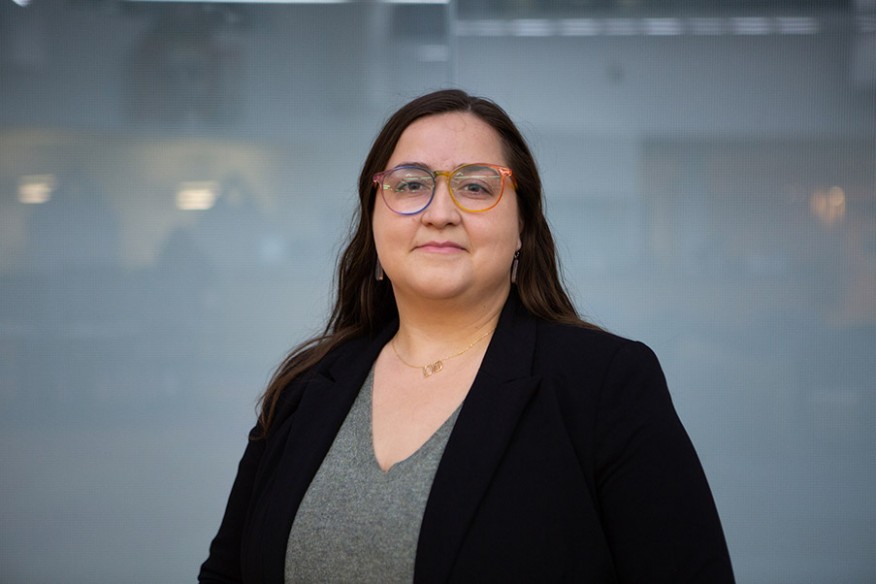-
Method:Interpersonal Practice
-
Area:Mental Health
-
Country:Turkey
My story is a bit different,” says Saadet Durmaz, MSW ‘21. Durmaz was born and raised in Manisa, in western Turkey. “If you are a first-generation lesbian from a Muslim country,” she says, “you don’t want to go back; you do everything to stay in the U.S. and not be illegal.”
Durmaz earned her undergraduate degree at Ankara University, Turkey’s capital. Seeing the financial and employment inequities for Turkish women, she was drawn to research that would fight gender-based injustices. Graduate study abroad became a goal.
Durmaz was impressed with how, “Michigan is such a highly ranked research university with close ties to the surrounding community. It is stimulating to be surrounded by so many talented people from around the country and the world.” She ultimately earned what she calls “two and a half master’s degrees” here. Her first master’s was in Women’s and Gender Studies, her research focusing on the impact of international policies on social and economic opportunities for women. As for her master’s, she points out that, “the School of Social Work offers the number one MSW program in the country. Once she was in that program, she found the School of Social Work “very welcoming and much more inclusive” than educational environments she had experienced back home. (Finally, there is the “half” master’s – a graduate certificate in nonprofit organization management.)
That inclusiveness really counted when, in 2016, the dawn of the Trump era took Durmaz back to fears she experienced under Turkey’s authoritarian president, Recep Tayyip Erdoğan. “It affected my whole being,” she says. “But my social work professors did well acknowledging students’ mental states and mental health. They gave extra time at the beginning and end of class to check on us. I am especially grateful to Assistant Professor Shanna Kattari, Professor Rich Tolman and Assistant Professor Lisa Fedina for providing such a model of scholarship, mentorship and activism in this field, and for giving me so much to aspire to.”
Durmaz is now working toward a PhD from Indiana University. Of her research she says, “I am concerned with multiple, intersecting identities and how matters of identity affect LGBTQ+ immigrants and their coming out — how culture and sex determine everyday life processes. I am also interested in feminist social work, which combines my two degrees. I could define myself as an intersectional feminist. My scholarly experience in the U.S. has helped me to see more of my positionalities and has helped me even more understand experience from a queer perspective.
“I want to educate and support future generations through my social work practice while presenting myself as an example to LGBTQ-identified immigrant students,” she says. Soon she will transition to in-person study in Bloomington, researching immigrant sexualities with a team that collaborates with the Kinsey Institute. As for the future? She might stay in the Midwest, or look at academic positions on the east coast. Last summer she was able to return to Turkey for the first time in three years — visas, finances, and COVID all having been factors — but her life now is firmly established in the US.
“An international student’s idea of home is different from that of a native,” she observes. For many of our students, especially those from other countries, home is tied to positionality — the personal values, identities, and location in time and space that influence how one experiences the world. Durmaz’s journey home is just beginning.
